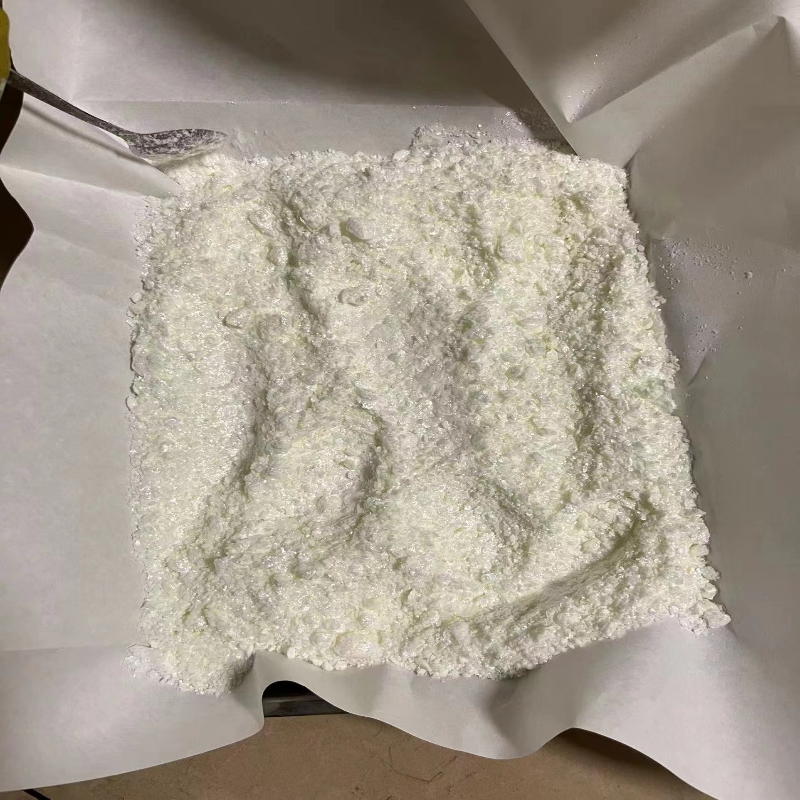-
Categories
-
Pharmaceutical Intermediates
-
Active Pharmaceutical Ingredients
-
Food Additives
- Industrial Coatings
- Agrochemicals
- Dyes and Pigments
- Surfactant
- Flavors and Fragrances
- Chemical Reagents
- Catalyst and Auxiliary
- Natural Products
- Inorganic Chemistry
-
Organic Chemistry
-
Biochemical Engineering
- Analytical Chemistry
-
Cosmetic Ingredient
- Water Treatment Chemical
-
Pharmaceutical Intermediates
Promotion
ECHEMI Mall
Wholesale
Weekly Price
Exhibition
News
-
Trade Service
International oil major BP said it plans to build a $25 million pilot plant in the United States to test new recycling technology designed to convert polyethylene terephthalate (PET) waste into virgin-quality new plastic raw materia.
As the most commonly used plastic in beverage and rigid food packaging, only a small fraction of recycled PET can be put back into new bottles, while the majority is made into new products such as carpets and clothi.
BP said that if the Infinia technology is commercially successful, it will reduce the process of recycling PET down into single-life products and save more plastic waste that ends up in landfill or incinerati.
The pilot plant at BP's research and development center in Naperville, Illinois, is expected to be operational in late 2020 to demonstrate the technology "on a continuous bas.
"BP is committed to fully developing and commercializing this technology," Charles Damianides, vice president of petrochemical technology at BP, said in a stateme.
Last year, BP agreed to buy up to 16 million gallons per year of a blend of ultra-low sulfur diesel fuel and naphtha from Ohio-based plastics-to-fuels maker RES Polyfl.
BP said its Infinia technology involves chemically converting complex PET plastic waste back to the original monomer feedstock through a depolymerization proce.
The technology also allows for the processing of the feedstock into recoverable terephthalic acid and recoverable monoethylene glycol, interchangeable with those produced from traditional hydrocarbon feedstoc.







